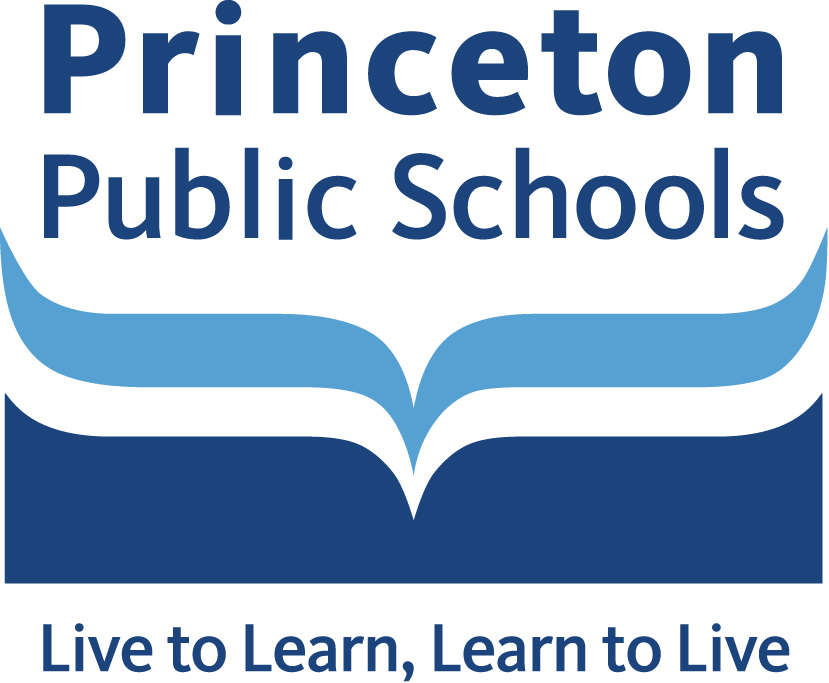The COVID-19 pandemic has thrown a wrench into many families’ finances, but perhaps none more so than the families of children who already are receiving free and reduced-price breakfasts and lunches in the Princeton Public Schools.
Students who received in-school breakfast and lunch through the federally-subsidized program have been receiving boxes of food once a week since the school buildings were closed by Gov. Phil Murphy last month.
Now, the school district has teamed up with Send Hunger Packing Princeton (SHUPP) to expand the program to include dinner for the entire family.
The first dinners – enough for one week – were distributed April 21. The menu ranged from Spanish pork over rice and beans with corn, to chicken stir fry rice with Mandarin oranges. The menu may be tweaked as needed.
“The story here is about collaboration and compassion. We are all working together to support a growing number of families in need,” Superintendent of Schools Steve Cochrane said.
While other nonprofit groups have stepped in to help older residents who may be unable to go to the grocery store and individuals who do not have children in school, SHUPP and Princeton Public Schools are focusing on the students and their families, Cochrane said.
SHUPP was formed in 2012 to provide weekend meals to children enrolled in the free and reduced-price lunch program. The children received breakfast and lunch during the week when school was in session, but not on weekends until SHUPP stepped forward to fill the void. The plan to provide a week’s worth of dinners is a natural outgrowth of SHUPP’s mission.
Cochrane and Ross Wishnick, who chairs SHUPP’s Board of Directors, had been discussing how to provide dinner for families prior to the outbreak of COVID-19. Cochrane asked if SHUPP could help, and the nonprofit group’s board of directors quickly agreed.
A week’s worth of dinners for 350 families will be paid for by SHUPP out of funds on hand, but the organization may need more money to keep the program alive if it continues for an extended period of time, Cochrane said. Each dinner will serve a family of four.
The meals – breakfast and lunch for the students, and dinner for the family – is being distributed every Tuesday between 11:30 a.m. and 1:30 p.m. The district is using its fleet of school buses to distribute the food. The buses are parked in neighborhoods around town so families can pick up a week’s worth of food in one location.
Parking a school bus in the neighborhood, which will serve as a mobile meal distribution site, also eliminates the need for families to go to the school buildings, Cochrane said. Opening a school building for food distribution would defeat the purpose of social distancing to head off the spread of COVID-19, he said.
Nutri-Serve, which is the school district’s food service provider, has subcontracted with another company that will prepare and package all of the meals. This reduces school district employees’ health exposures to other people. The Princeton Public Schools employees had been packing the boxes of food by hand.
While the collaborative effort between SHUPP and the Princeton Public Schools is oriented toward helping the students and their families, Cochrane said, there are many other Princeton families who are experiencing food insecurity.
“I would like to thank all the groups and individuals who care and who are continuing to work together to address the growing need across our community,” Cochrane said, pointing to Share My Meals, Mercer Street Friends, Arm in Arm, Jewish Family and Children’s Service and the Princeton Children’s Fund.

